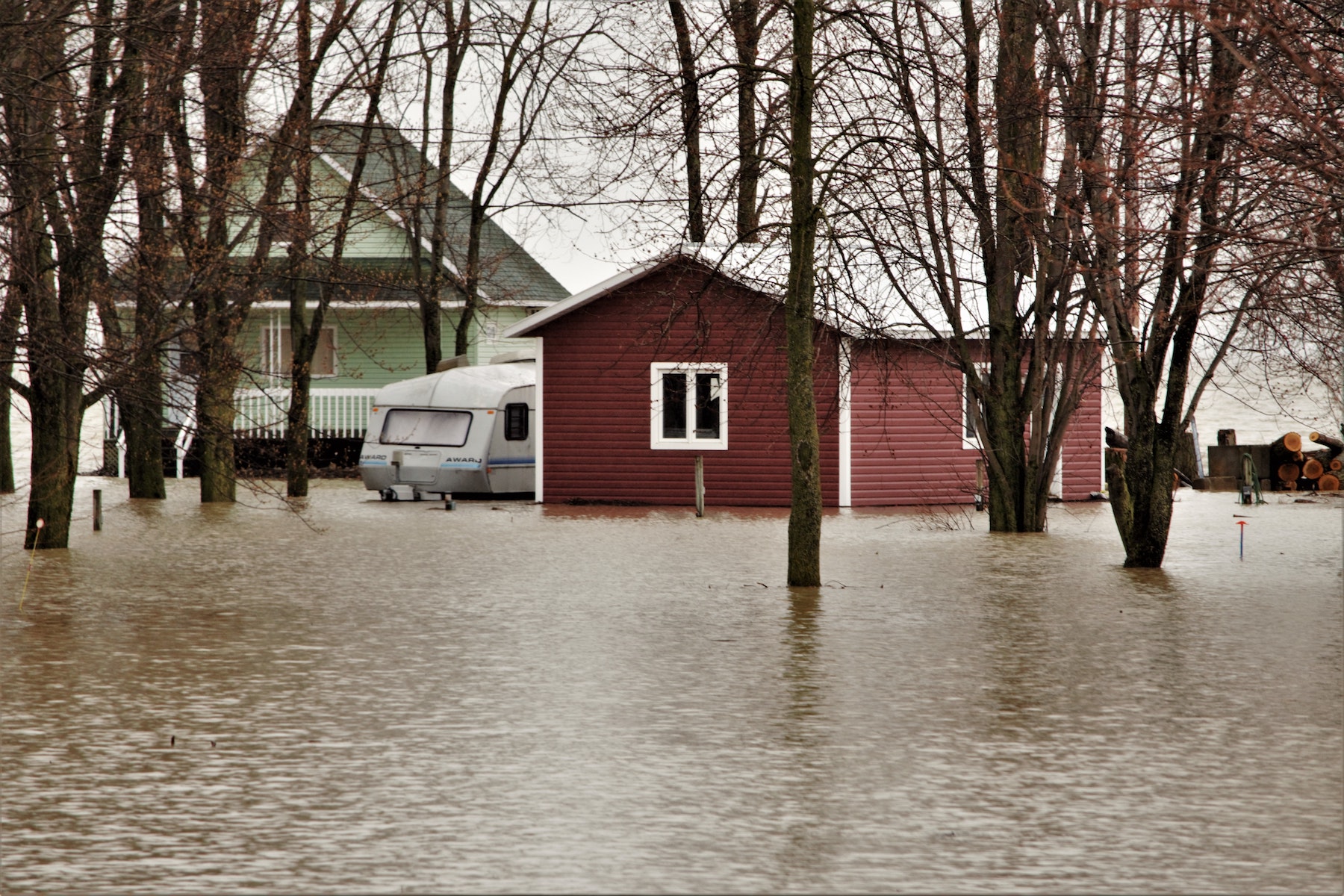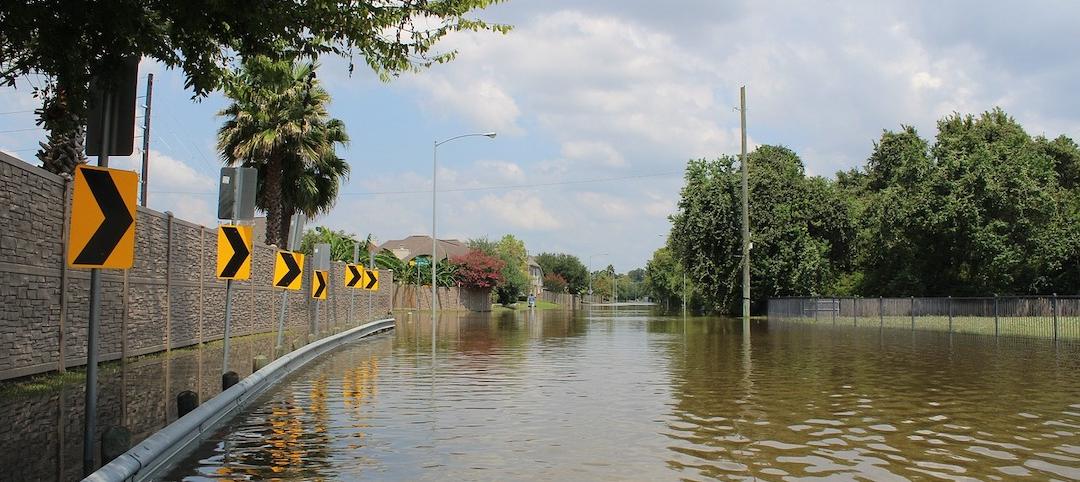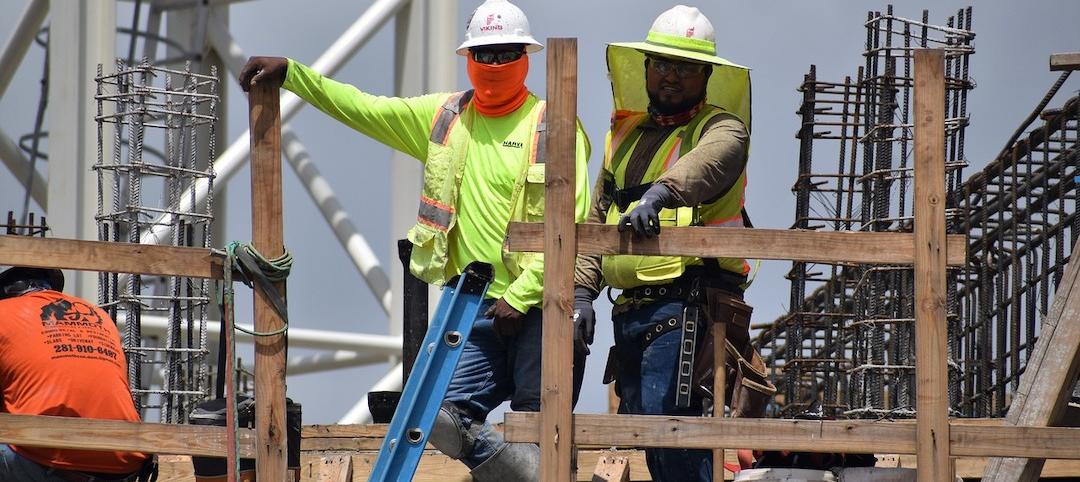The Biden administration’s proposed major overhaul to the National Flood Insurance Program, or NFIP, would drastically alter how Americans protect homes and businesses against flooding.
The administration recently announced 17 legislative proposals that would represent the biggest reform to the NFIP since the program’s inception. One change would be a nationwide disclosure law that would ensure that prospective homeowners and renters have a property’s flood history before signing a contract. Today, 21 states have no such law.
Another proposal would prevent NFIP from issuing any new insurance policies for commercial buildings no matter where they’re located or when they were built because FEMA says it wants to promote growth in the private flood insurance market. Americans hoping to build new homes on eroding beaches and other flood-prone areas would also have to look elsewhere for insurance.
Homeowners would have to go to private insurance companies, which typically charge more expensive insurance premiums. People who hold mortgages on properties that flood multiple times and require insurance payouts of at least $10,000 each time, could lose access to government insurance on their properties after the fourth claim.
The proposals must pass Congress to become law, but there is support from both sides of the political aisle with a view that the status quo is becoming financially unsustainable.
Related Stories
Codes and Standards | Jan 18, 2022
Greater emphasis on building materials needed to achieve net-zero carbon offices
Engineered wood, straw, and bamboo can be keys to achieving goal.
Codes and Standards | Jan 17, 2022
AISC seeks comments on draft earthquake standard for steel buildings
Includes new limits for cross-sectional slenderness of steel columns based on latest research.
Codes and Standards | Jan 12, 2022
California’s wildfire building code significantly reduces structural loss
As other states consider upgrading their codes, Golden State provides useful model.
Codes and Standards | Jan 12, 2022
Regulator holding back climate-friendly, energy-saving equipment deployment, critics say
Heat pumps, solar power could be made more accessible for low-income communities in Massachusetts.
Codes and Standards | Jan 11, 2022
Cost hikes drive nearly one million renters out of homeownership qualification in 2021
Household income needed to pay a mortgage rose to $62,872 from $55,186.
Codes and Standards | Jan 10, 2022
New ratings services focus on climate risk for homeowners
Efficacy of models used in risk assessment varies.
Codes and Standards | Jan 6, 2022
Virginia contractors having a tough time finding diverse subs to meet state goals
Survey of primes may indicate similar issues at federal level.
Codes and Standards | Jan 5, 2022
Boston drops parking requirements for affordable housing
Measure expected to spur new projects.
Codes and Standards | Jan 4, 2022
Dept. of Energy Better Climate Challenge aims for 50% GHG emission reduction by 2030
Program offers technical assistance and peer-to-peer knowledge sharing.
Codes and Standards | Jan 4, 2022
Architects at New York firm take steps to unionize
Support for unionization reported at two other New York firms.

















